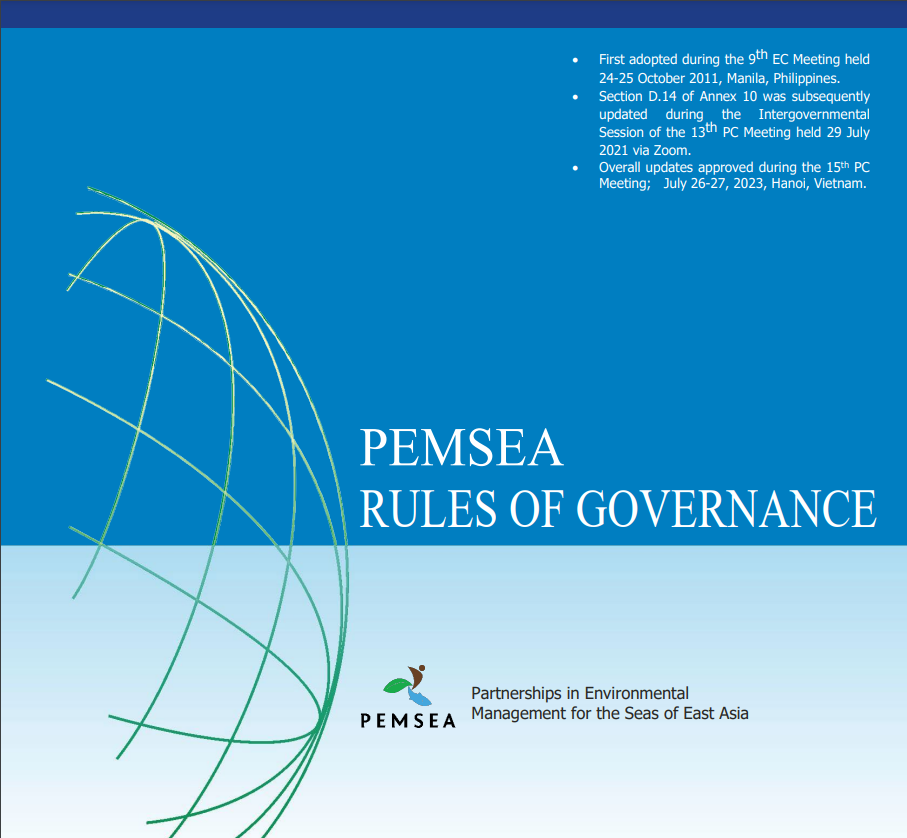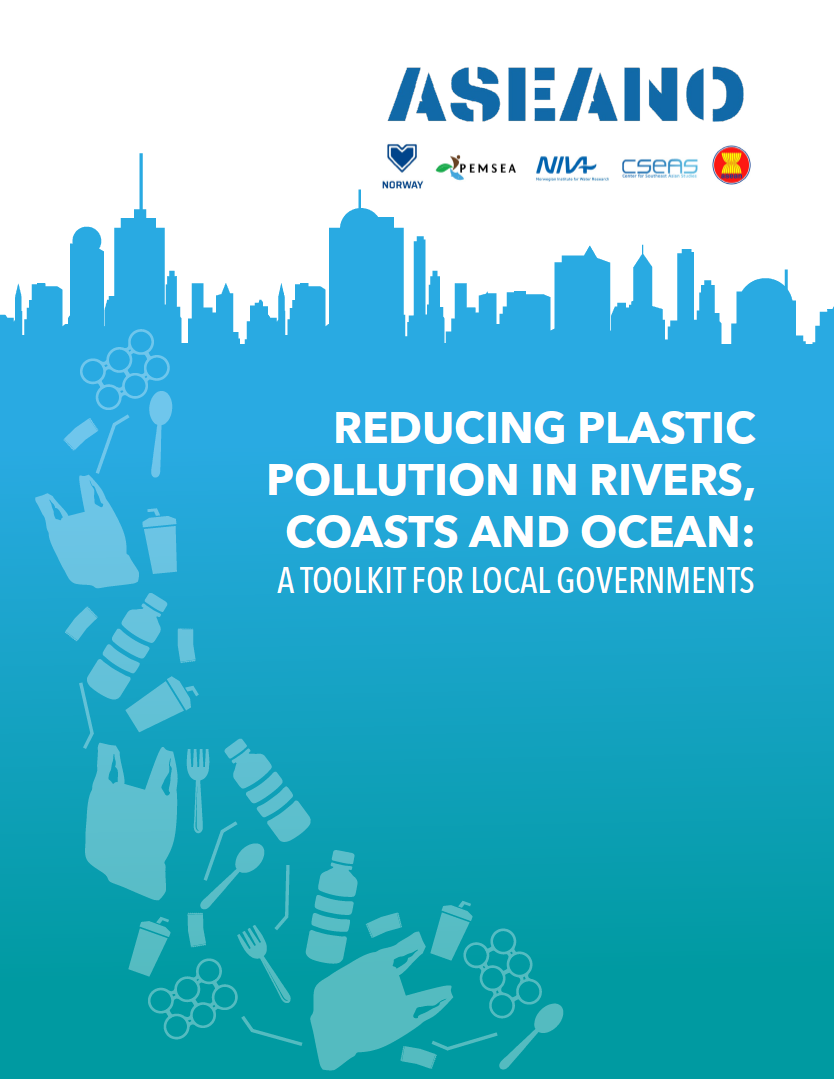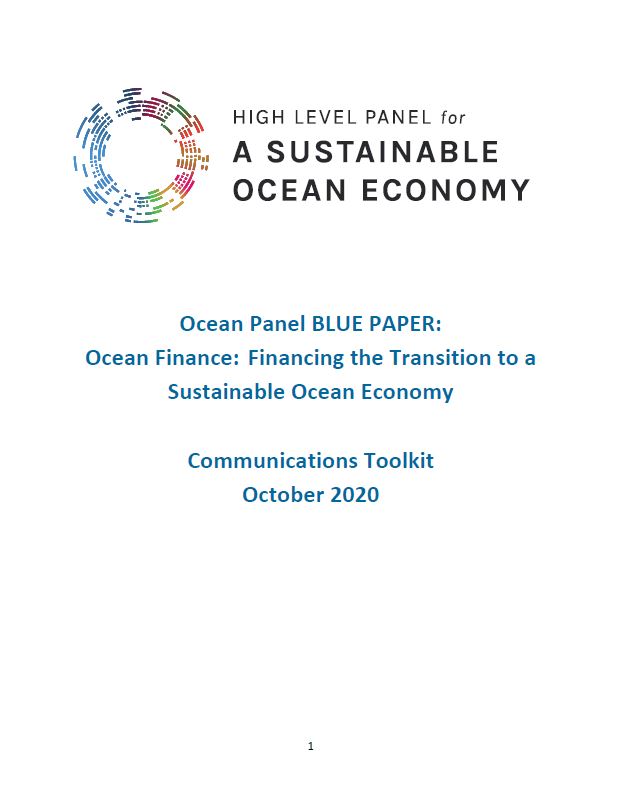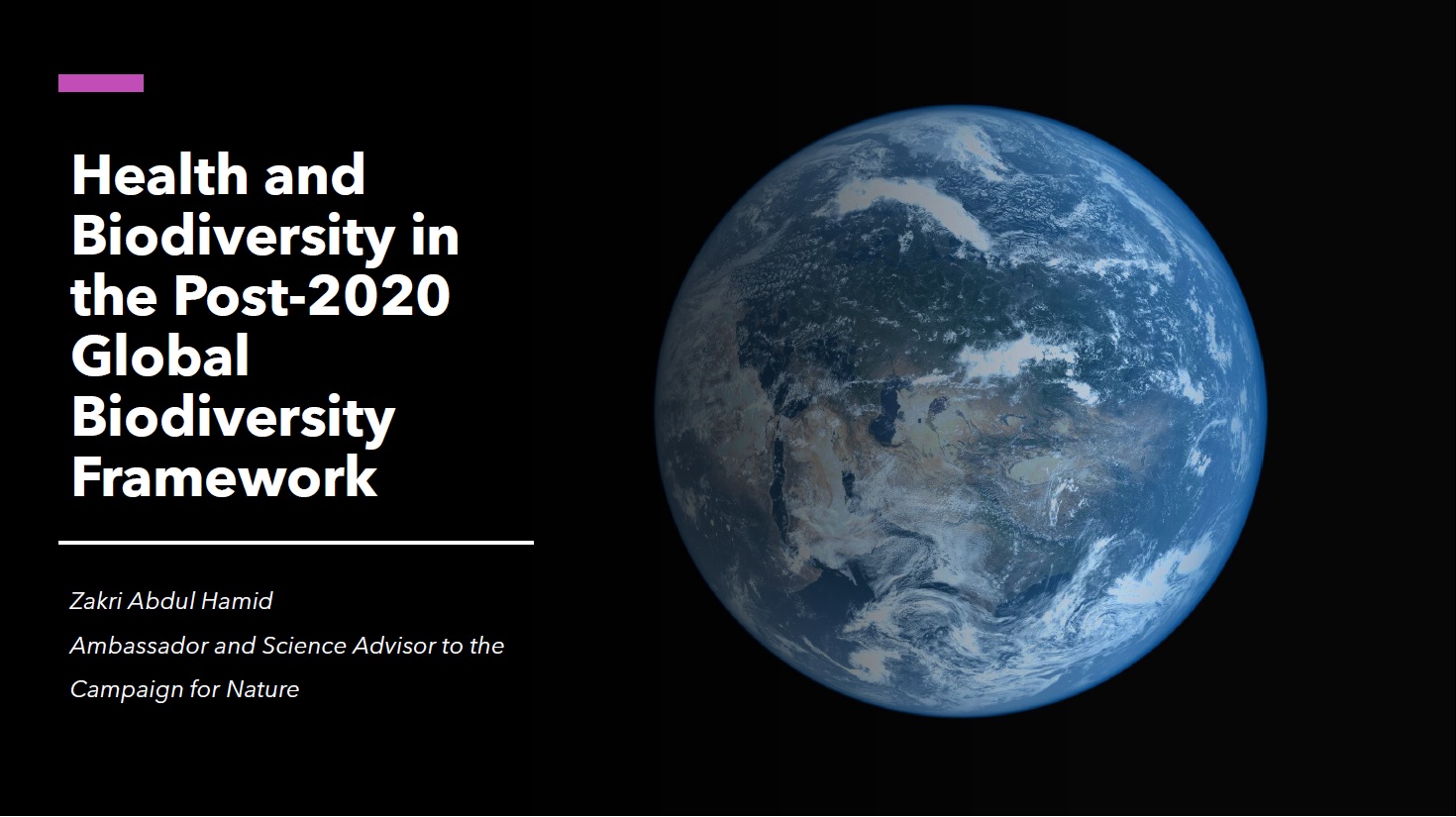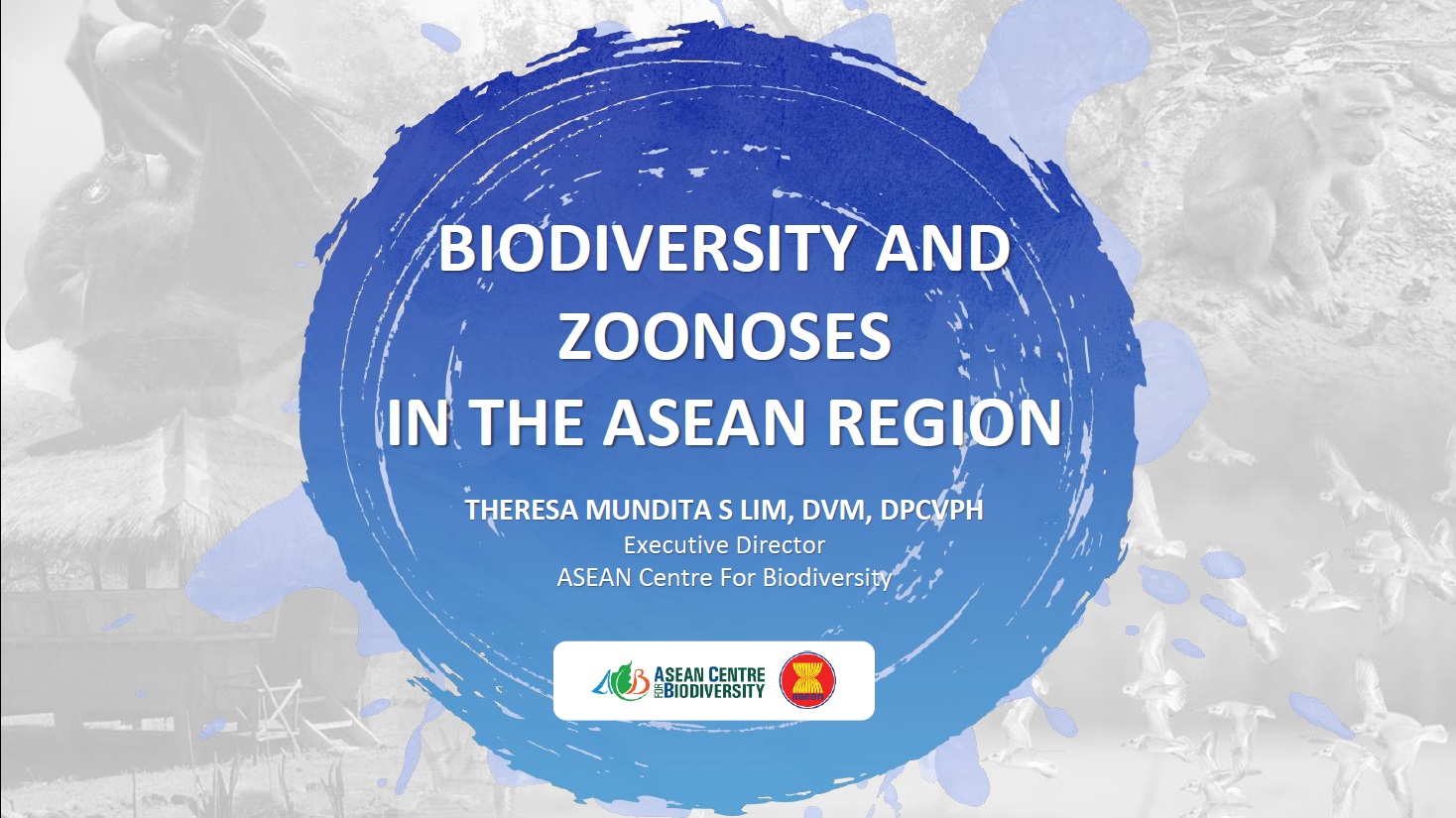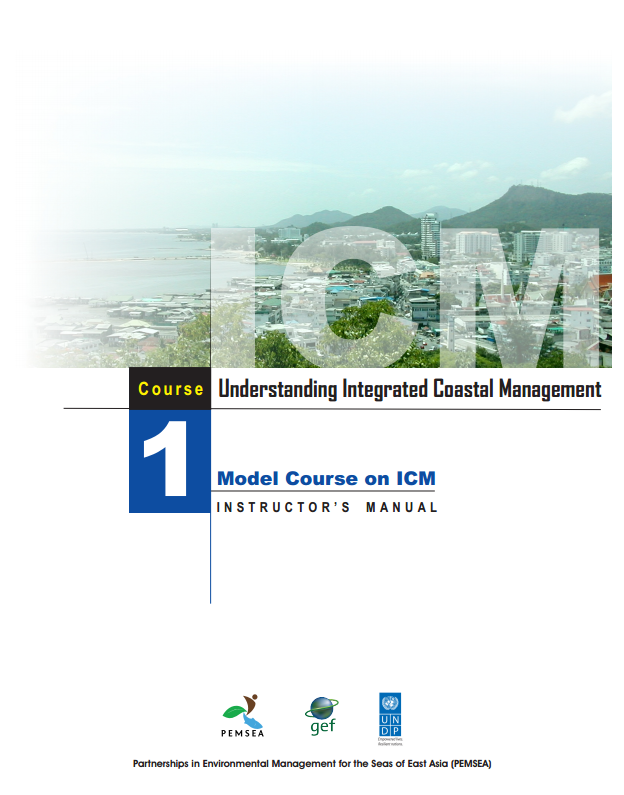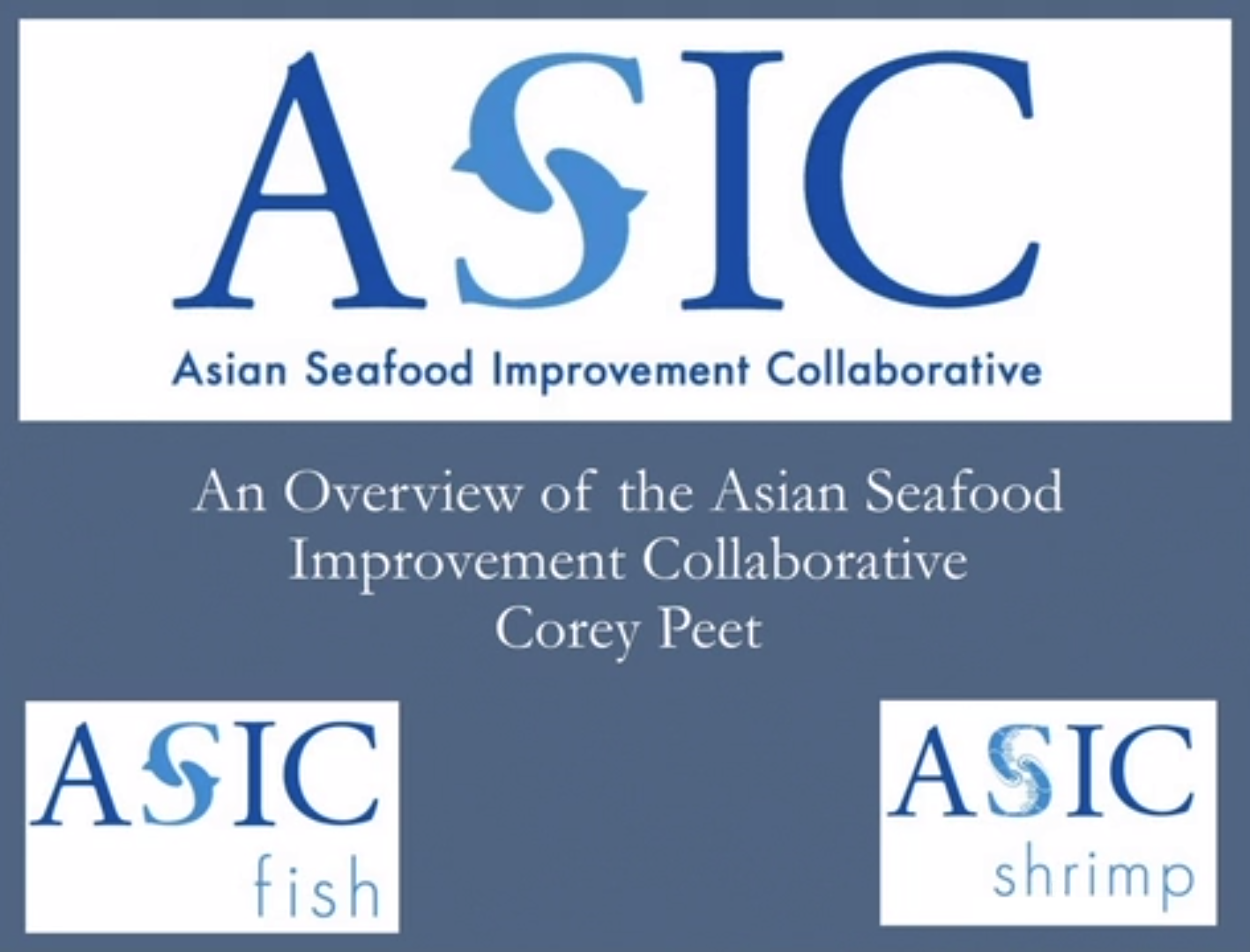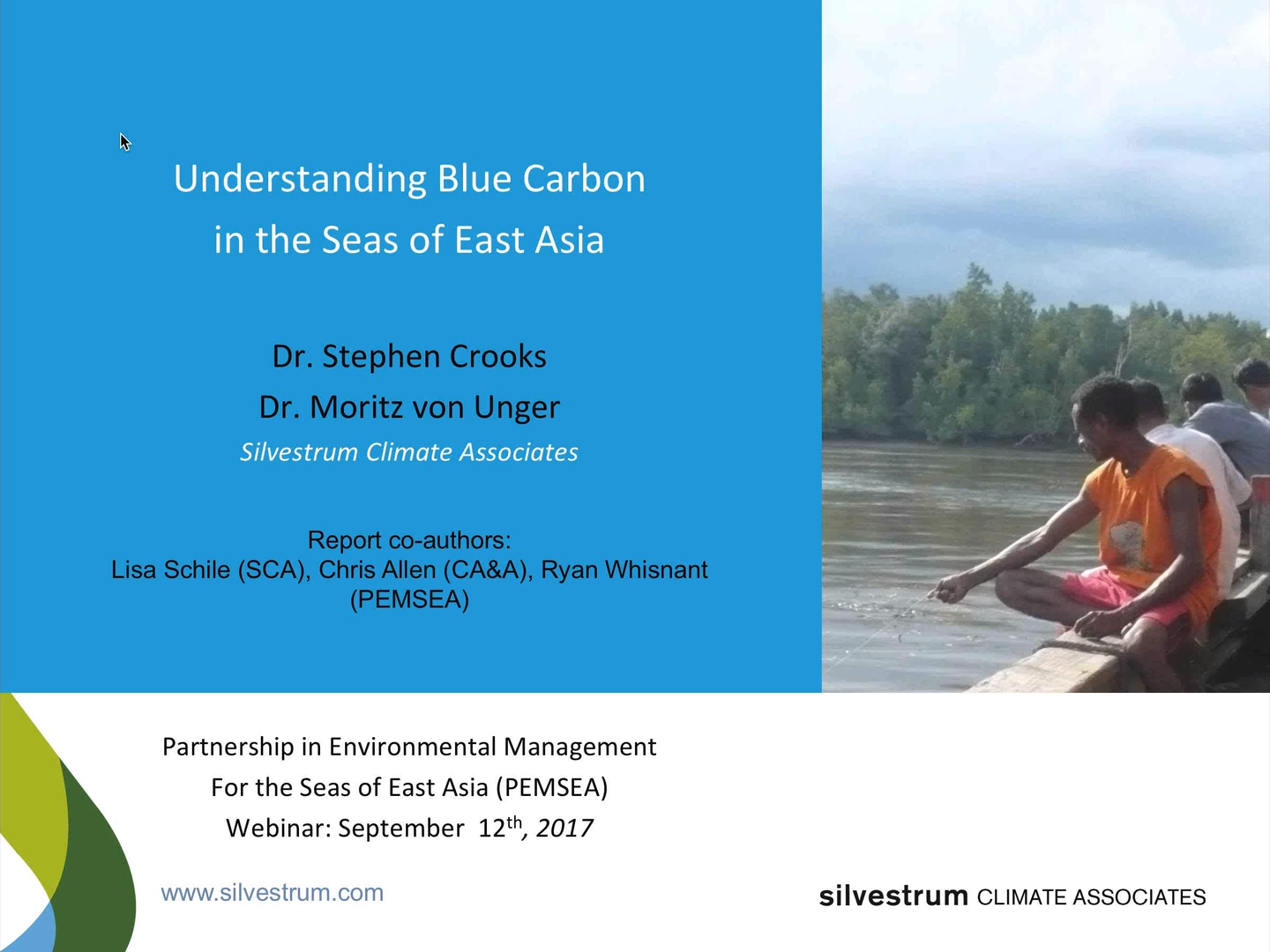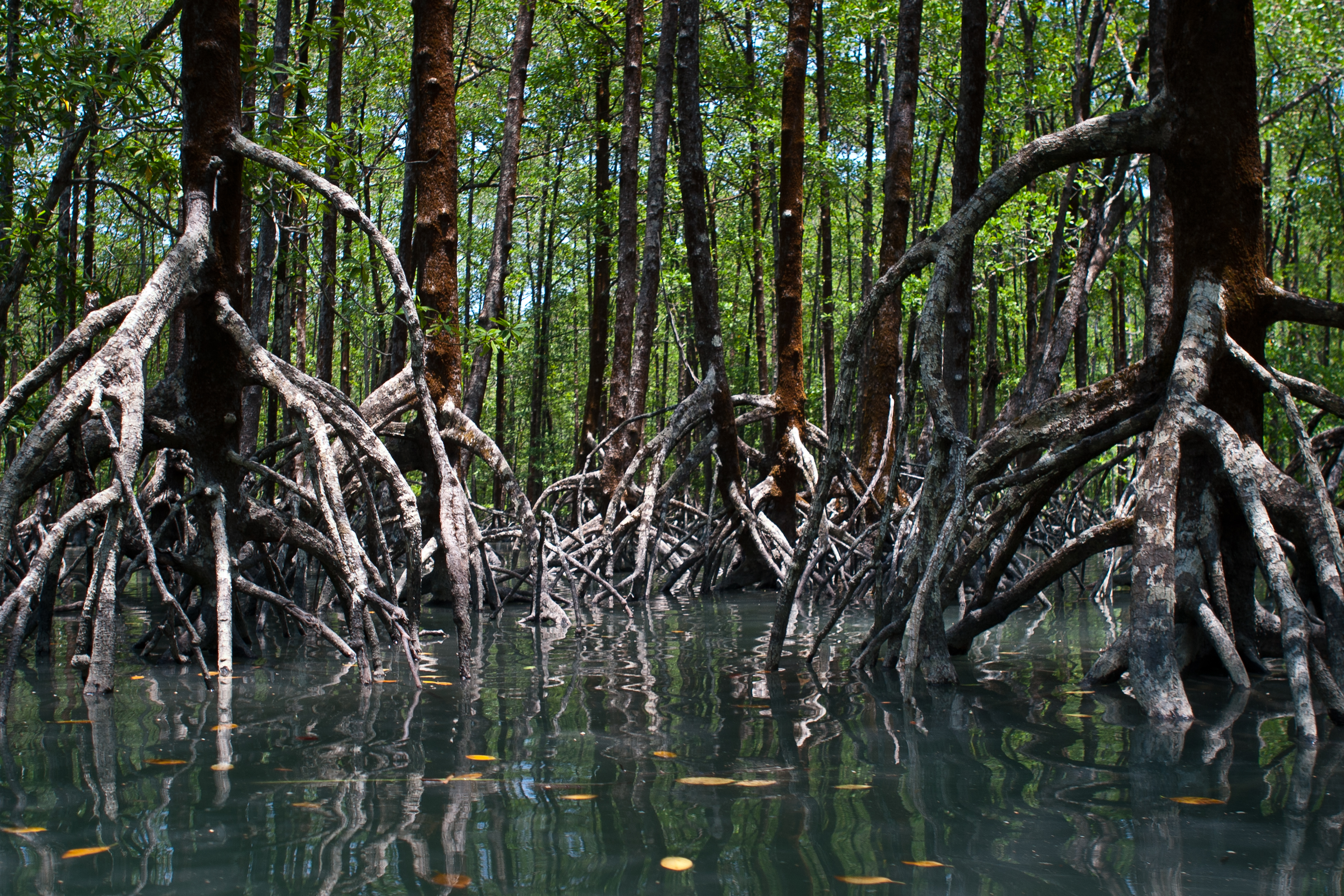
Breadcrumb
-
PEMSEA RULES OF GOVERNANCE
• First adopted during the 9th EC Meeting held 24-25 October 2011, Manila, Philippines.
• Section D.14 of Annex 10 was subsequently updated during the Intergovernmental Session of the 13th PC Meeting held 29 July 2021 via Zoom.
• Overall updates approved during the 15th PC Meeting; July 26-27, 2023, Hanoi, Vietnam.
-
ASEANO Project: LGU Toolkit for Marine Litter
Dealing with plastic pollution requires locally specific actions, tailored to specific conditions, in addition to larger scale and even transboundary agreements and arrangements. Waste management is complex, and requires ongoing and iterative approaches. This toolkit seeks to provide some documents that can assist local governments in their approaches. In an attempt to ensure utility, relevant documents are included only if they are written in English, publicly available, and easily accessible.
-
HIGH LEVEL PANEL for A SUSTAINABLE OCEAN ECONOMY : Ocean Panel BLUE PAPER: Ocean Finance: Financing the Transition to a Sustainable Ocean Economy
The ocean economy is a cornerstone of the global economy, contributing trillions each year. Despite this, the sector is drastically underinvested, with just 1% of the ocean economy’s total value invested in sustainable projects to date. With climate change, pollution and overfishing putting mounting pressure on the ocean, it is crucial to protect and manage human activity on the ocean. To do this effectively and achieve a sustainable ocean economy, significantly greater finance needs to be made available.
-
Health and Biodiversity in the Post 2020 Global Biodiversity Framework
While saving human lives and rebooting the economy are two utmost priorities for governments to consider when developing their post-COVID 19 Stimulus Package, they must not forget Nature.
After all, the root cause of those zoonotic diseases such as COVID 19 is the destruction of wildlife habitats, a fact endorsed by most of the scientific community.
-
Biodiversity and Zoonoses in the ASEAN Region
The variability among living organisms, including terrestrial, marine, and aquatic ecosystems, and the ecological complexes of which they are part.
This includes diversity within species (genetic), between species and of ecosystem.
-
Course 1 : Understanding integrated coastal management (ICM) - model course on ICM. Instructor's manual
This Model Course on Understanding Integrated Coastal Management (ICM) introduces and discusses the philosophy, concept, guidelines, framework, and processes of ICM for the sustainable development of coastal areas. Its content is rooted in a holistic, systems approach, as well as in adaptive learning and ecosystem-based management.
The course is designed to illustrate the process of the development and adoption of a long-term vision by concerned stakeholders and the implementation of short-term actions directed toward short-term targets through a stepwise, cyclical, and incremental approach. It provides a guide to a quick assessment of the requirements for developing an Integrated Coastal Management (ICM) program through giving an orientation on the State of the Coasts Reporting tool and the ICM Code of Good Practice.
The learning from this course is widely useful, applicable to local government planners, government technical staff, coastal and marine management officers, professionals from disciplines related to coastal and ocean management, environmentalists, NGOs, and students. The course aims for participants to gain an enhanced understanding of ICM, allowing them to envision and appreciate its potential, and understand how they and their sectors can fit into the multidisciplinary and multisectoral needs of ICM.
Print version is available for FREE. Pay only for the shipping cost.
-
Blue Economy Webinar: Building a Sustainable Seafood Supply Chain in Asia
Seafood is a vital source of food and economic activity for hundreds of millions of people living and working in Asia. As the demand for increased seafood production from regional, domestic and international markets continues to grow, the Asian seafood industry is facing challenges that may compromise its long-term sustainability and threaten the livelihoods of small-scale fishers and farmers.
While international certification standards for fisheries and aquaculture exist, more needs to be done to expand the adoption of sustainability standards and incentives for both supplier and buyer. The Asian Seafood Improvement Collaborative (ASIC) is a burgeoning regional collaboration between private sector stakeholders from Indonesia, Thailand, the Philippines, Cambodia, Myanmar and Vietnam who have come together to tackle sustainability challenges facing the Asian seafood industry. ASIC stakeholders represent various elements of the Asian seafood industry, including producer organizations, processors, NGOs and local certification bodies, who collaborate with export market stakeholders, buyers and certification bodies, to build innovative tools designed to foster improvement for both shrimp aquaculture and fisheries in the region. The ASIC shrimp program is one of the first direct attempts to adapt sustainability programs created in other markets for the Asian seafood industry.
Watch this free 1-hour webinar to learn more about ASIC and its work towards building a more sustainable seafood supply chain in Asia:
• Challenges facing producers and how a multi-stakeholder initiative can help to solve them
• Tools being developed by ASIC and its stakeholders
• Possibilities for incorporating “blue carbon” considerations to incentivize mangrove protection and enhance shrimp farm performance
• How other organizations can engage with ASIC
-
Blue Economy Webinar: Tackling Ocean Plastic Waste in the Seas of East Asia
While plastic debris in the marine environment is widely documented, prior to the groundbreaking research by Dr. Jenna Jambeck, little was known about the quantity or geographic distribution of plastic entering the ocean. The majority of this waste comes from rapidly developing economies with lagging infrastructure, and the research finds that without intervention this annual input of waste into the ocean could double by 2025.
Watch this free 1-hour webinar to learn more about addressing the challenge of ocean plastic waste:
- Estimated plastic waste flows and current status of policies
- The challenge and opportunity of ocean plastic waste
- How the region fits into the global context of this issue
- Recommended actions for stemming the tide of ocean plastic
-
Blue Economy Webinar: Understanding Coastal Blue Carbon in the Seas of East Asia
Leading experts talk about coastal blue carbon ecosystems in East Asia. Learn about:
- Status of blue carbon ecosystems in East Asia
- Rates and causes of loss and scale of greenhouse gas emissions contributing to climate change
- How blue carbon links to national climate commitments and policies
- Practical steps to advance management of blue carbon ecosystems
- Opportunities for blue carbon financing
